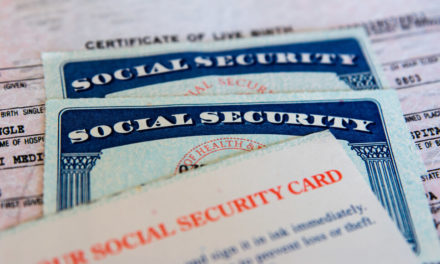Transitioning from working to retiring can be tough when you haven’t saved as much as you would’ve liked, so learning a few ways to save money in retirement can help stretch those dollars out.
Retirement is expensive, no matter how much you’ve saved. Part of that is adjusting your lifestyle after receiving a steady paycheck that in a lot of cases was larger than what you will have month-to-month in your golden years. Not to mention some of the surprising expenses that come up later in life.
The Bureau of Labor Statistics found that retirees spend around $46,000 a year on expenses, so if your retirement lasts 20 years you are looking at almost $1 million in spending as you age.
Learning how to save money in retirement can really help you make the most of every dollar you’ve socked away, so let’s take a look at some of the most costly expenses and how you can save a few bucks.
4 Ways to Save Money in Retirement
Entertainment
It’s inevitable that you are going to have more free time in retirement, and that means you may start spending more to entertain yourself. Retired Americans spend around $197 per month on leisurely activities, and that doesn’t include travel costs.
Being older does have its perks when it comes to entertainment, though. Many establishments, from museums and national parks to restaurants and movie theaters, offer discounts or even free admission.
Of course, travel is high on many retirees’ lists, and there are plenty of ways to save when you do it. Look into traveling at off-peak times to save on fares, and planning things out further in advance will lead to more savings.
If you have a big trip you’ve been dreaming of for years, try to knock it out earlier in retirement so you can enjoy it more fully.
Housing
Many older Americans will enter retirement mortgage-free, but that doesn’t mean the bills won’t keep coming. There will likely be renovations down the line, and property taxes will continue to rise as you live in the same home.
One way you could save money in retirement is by downsizing. A smaller home means less upkeep, lower taxes and homeowners insurance. Renting is another option if you want to eliminate recurring costs of maintenance and taxes, but finding a rental option that offsets those other costs may be tricky depending on your area.
Transportation
Cutting out your daily commute when you leave the workforce brings transportation costs down by about $2,500, according to the Bureau of Labor Statistics, but you can save even more money in retirement by considering how you get around.
Downsizing the number of vehicles you own may be an option, especially if you find you aren’t travelling nearly as much. Rideshare services like Uber and Lyft are great alternatives for short trips around town.
If you live in an area with good public transportation, you may be in luck as many cities offer discounts for older Americans, while some even offer public transportation free of charge for anyone 65 and older.
Food
Food is a necessity, but that doesn’t mean you can’t save money in retirement by being smart about how you choose to eat. Americans age 65 and up were still spending $483 per month on average on food alone.
The biggest way to save money in retirement on food is to cut down on eating out. That doesn’t mean you have to completely cut it out, but going to restaurants saps your funds far quicker than you may realize.
If you do frequent restaurants, try tracking those expenses for a month to see how much you spend. It will probably surprise you as even those $4 coffee runs add up quickly.
If restaurant dining is something you enjoy, just make sure to budget for it — and stick to it. Keep track of daily specials around town and plan accordingly.
When it comes to grocery shopping, take the extra time you have to find good deals and buy in bulk when you can. That should cut down on the grocery trips as well, which means you save transportation time and money.
There are so many ways to save money in retirement, but the biggest thing I would suggest is to take some time and create a budget that works for you. Thinking about your future expenses more can help you put your current expenses into perspective, and help you find areas where you can trim your spending down.




